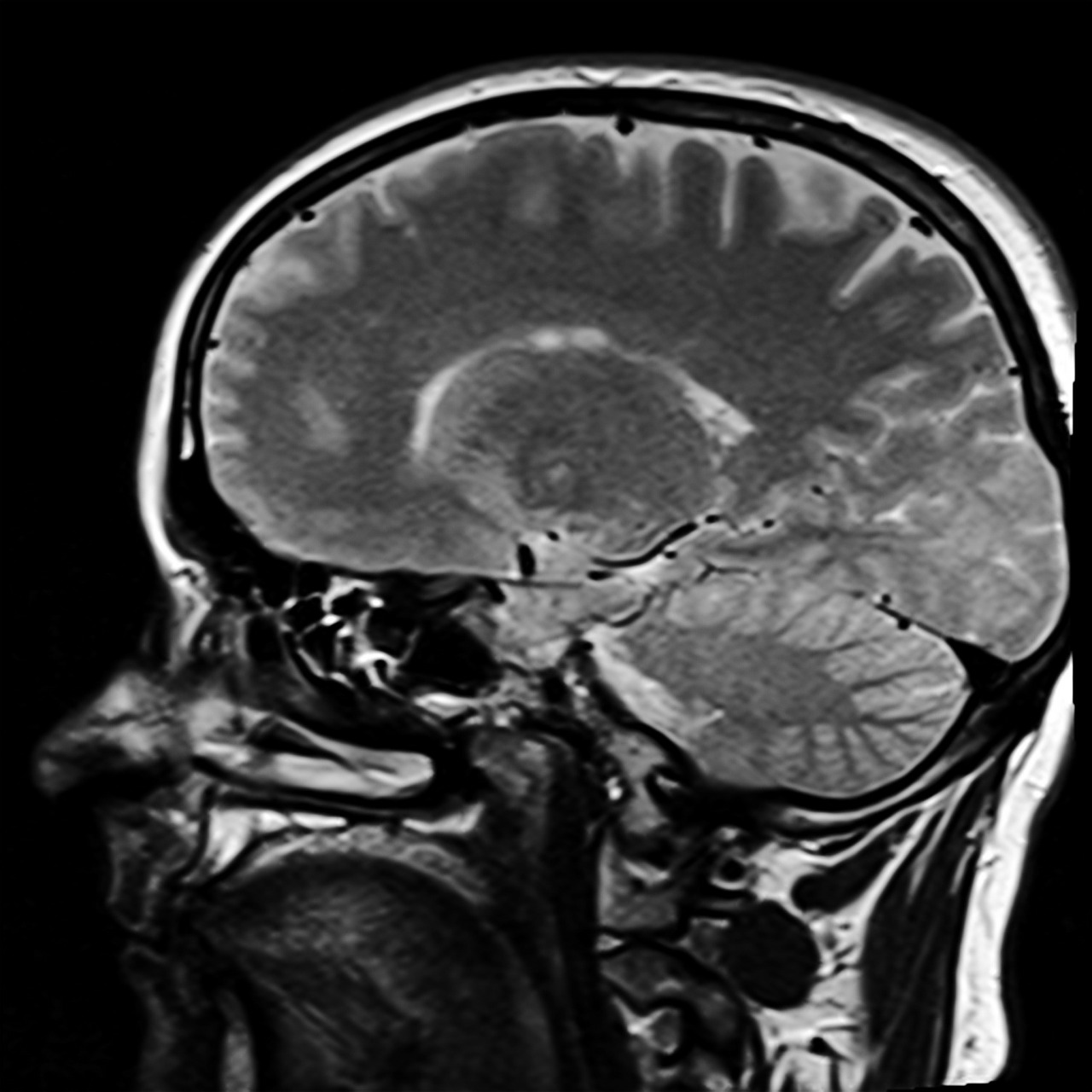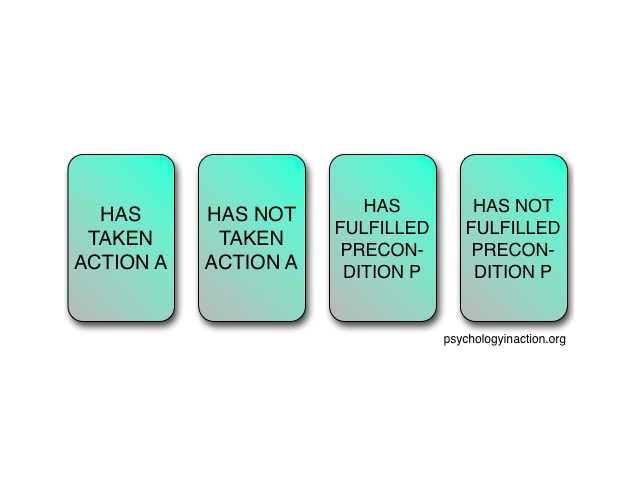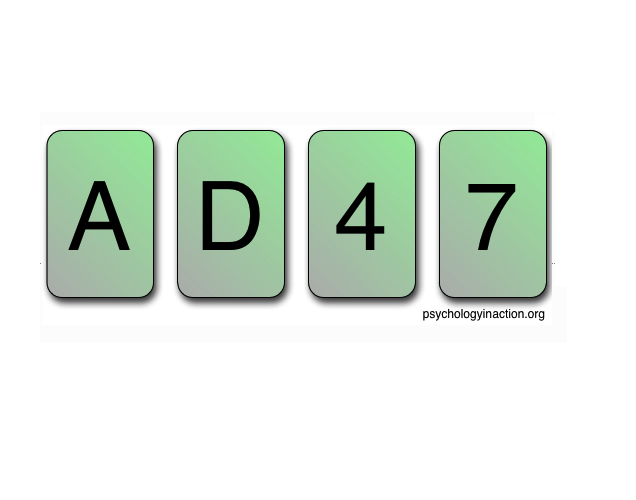-
Multitasking Video Game Improves Cognition in 79-year-olds!
Today, Nature published evidence that training on a multitasking video game improved older adults’ cognitive ability beyond the scope of the game to untrained aspects of cognition. The article featured a four-year research led by Drs. Adam Gazzaley and Joaquin Anguera at UCSF. They utilised a relatively simple video game, NeuroRacer to train older adults on multitasking. NeuroRacer requires participants to drive a cartoon car, and to respond…
-
Improve creativity by working in a coffee shop
There seems to be an endless search for how to be more productive and creative in a shorter amount of time. Books, websites, and seminars preach all different techniques to accomplish more with less. The company Coffitivity is trying to do just that, but in a unique way.
-
“Mental Notes: Music, Cognition, & the Brain” Symposium – May 23, 5pm
Mental Notes Flyer Psychology in Action is proud to announce the second annual Psychology Interdisciplinary Events symposium, Thursday, May 23rd, 2013, from 5 to 7pm in UCLA’s CNSI Auditorium. The discussion will focus on the intersection of music, psychology, and neuroscience. The event is completely FREE and open to the general public! We hope to see you there!…
-
Former Israeli Prime Minister’s Significant Brain Activity – How Do We Know?

Israeli scientists and UCLA’s Dr. Martin Monti recently found that former Prime Minister Ariel Sharon demonstrates significant brain activity. Seven years ago Sharon suffered two strokes. The second stroke caused him to lose most of his consciousness. Sharon is in a minimally conscious state, a little more aware than a coma or a persistent vegetative…
-
Bayes’ Rule and Bomb Threats
Earlier today, I read an article published on Washington’s Blog titled “Fear of Terror Makes People Stupid.” The central claim of the post was that the government purposefully induces fear of a terrorist attack in order to get Americans to relinquish more of their civil liberties (see: Patriot Act), but this fear is silly (so…



